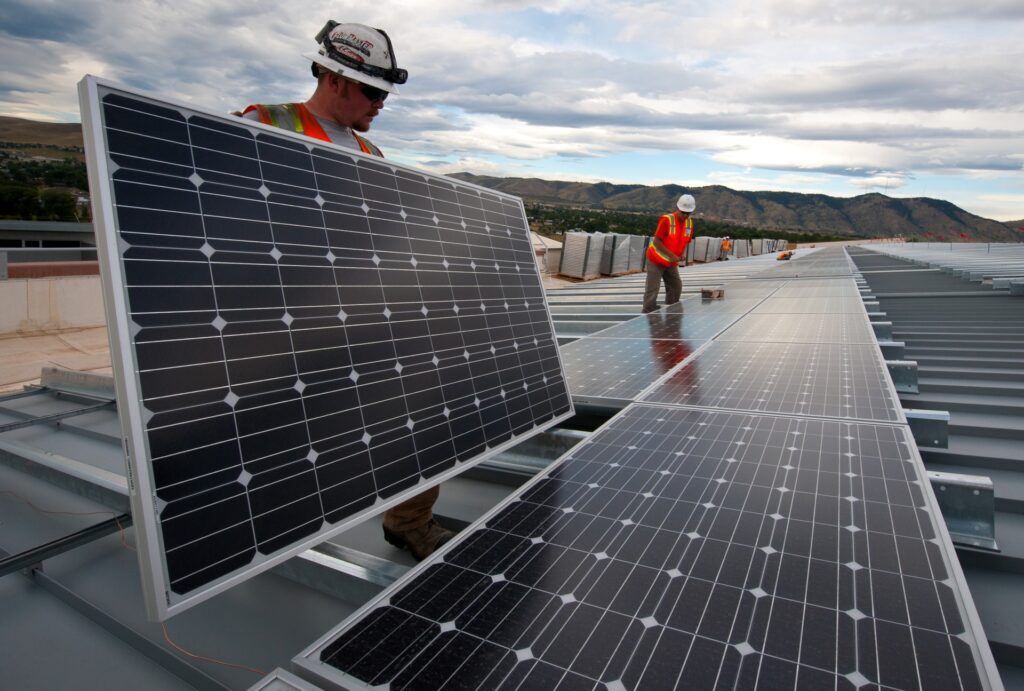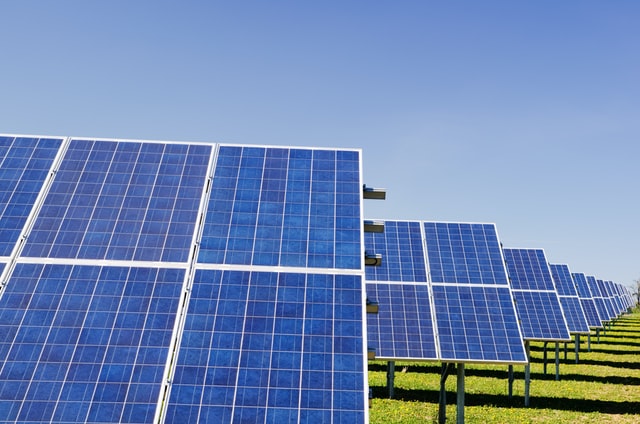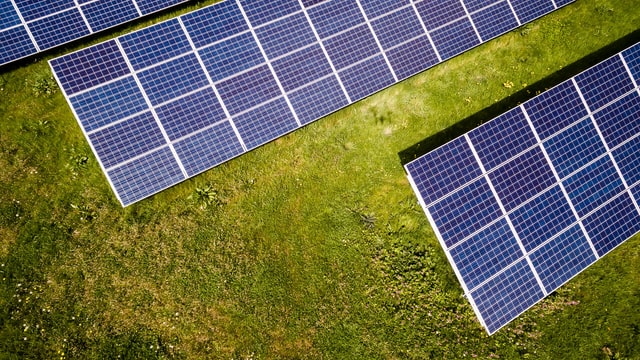The equity investment component of a solar project is generally provided by the developer or by the equity partners that sign agreements or letters of intent to purchase the projects from the developers. Equity partners may be individual firms, developers or equity funds managed by Equity fund managers or pension fund managers.
The equity funds can be used as the seed capital to start the construction of the project, following completion of the design and environmental studies, legal analysis, permit applications and grid connection applications. The equity component is typically around 15-30% of the total project investment cost depending on the size of the solar project. The equity partners generally insist for closure of debt funding before release of equity money.
The debt portion is typically provided by an investment bank providing project finance or leasing finance. The debt portion is the larger investment, which is typically 70-85% of the total project cost. Large corporations and utilities may even develop solar plants from their internal generations without resorting to debt finance.
It is critical to select a solar financing option that suits for Project. Debt financing is usually available with recourse, i.e., the investor will have to submit a collateral security against the loan he plans to take. Debt financing without recourse is an option only for big players with large scale solar installations and with a good track record.
Major solar Project Financing Agencies in India
A) Public Sector and Private Banks
Almost all public sector / Private sector banks provide debt finance for various types of solar projects. Banks like SBI, PNB, BOB, ICICI, Yes Bank, Axis Bank are active in providing loans for solar projects. These Banks provide loans for solar projects at interest rates ranging from 9.5% to 10.5% per annum. SBI is also funding Grid-Connected Rooftop Solar PV installation on the rooftops of commercial, institutional and industrial buildings in India. Asian Development Bank (ADB) has affiliated with Punjab National Bank (PNB) to provider funding for installation of rooftop solar systems in India.
Among Private sector Banks, Yes Bank along with European Investment Bank (EIB) has come forward to renewable energy financing program for India. Yes Bank has announced $5 billion for financing solar energy projects in India till 2030
B) Development Financial Institutions (DFIs) like IREDA / PFC / Exim Bank / IFC / ADB / REC / KFW etc
Indian Renewable Energy Development Agency (IREDA) is a Non-Banking Financial Institution (NBFC) under administrative control of Ministry of New and Renewable Energy (MNRE) for giving term loan for renewal energy and thermal energy efficiency projects.
IREDA provides finance upto 75% of the cost of the solar project venture. IREDA conducts credit rating for all grid associated projects and provides grading linked to the risk assessment. The interest rates are connected with the grades. The funding is routed through various modes, such as direct lending and lending through various financial intermediaries such as providing various lines of credits to NBFCs, and underwriting of debts etc. IREDA also uses NCEEF to provide subsidized debt at a low rate of interest to certain specific renewable energy projects through select banks.
PFC is one of the largest public sector NBFC engaged in funding power projects in India including solar projects. PFC has been active in funding large sized solar projects either directly or through consortium arrangement.
US based EXIM Bank is the first financing foundation to sanction solar power projects under India’s JNNSM and one of the first to support financings under the solar power policy.
International Finance Corporation (IFC) is the financing division of the World Bank and is involved in financing of solar power projects in India. Apart from providing advisory services to state governments and investing in companies at a corporate level, IFC has actively involved in providing debt to solar projects and project development companies.
Asian Development Bank (ADB) has risen as the primary loan provider to advance solar power projects in India. Many green friendly funds affiliated to ADB also provide equity funding on soft terms. ADB also provides financing support under the India Solar Generation Guarantee Facility (ISGGF), under its Asia Solar Energy Initiative (ASEI) to promote the development of solar energy in developing member countries. ADB also considers direct financing and / or guarantees for projects of 25 MW and above.
The Rural Electrification Corporation (REC) with its focus on promoting solar energy projects provides financial assistance for setting up power generation projects primarily in consortium with banks and institutions. REC considers debt-to-equity ratio would be 70:30 for private-sector borrowers.
Germany’s KfW Bank is also financing Indian solar projects. Germany has committed to providing financing support through KfW Development Bank for Indian solar photovoltaic investments. Bank of Baroda has announced a partnership with KfW Bank to extend funding to refinance solar power projects in India.
C) NBFC Sector
Some large sized NBFCs like Larsen & Toubro (L&T), SBI Capital Markets, BNP Paribas etc invest in the large and small solar energy projects, though they are considered expensive compared to other sources.
D) Other international financers
Some of the international development agencies like The World Bank-Clean Technology Fund (CTF), The European Investment Bank (EIB)etc have announced long-term funding for mega solar power projects
E) International DFIs
International Funding Bodies or Development Funding Institutions (DFIs) are multilateral or unilateral funding agencies, which provide credit in the form of higher risk loans and loan guarantees in developing countries for solar projects.
F) Operating Lease
Though not popular in India, Operating Leases are flexible solar project finance vehicles that allow for the use of the solar asset, but do not convey its ownership rights. Operating leases typically have shorter terms (5-7 years) and can thus provide a fast path to system ownership while substantially reducing capital requirements. For Solar investments the lessors typically monetize the tax credits and Depreciation to offer lower interest rates. Either the lessee or the lessor may retain rights to solar incentives and environmental attributes.




